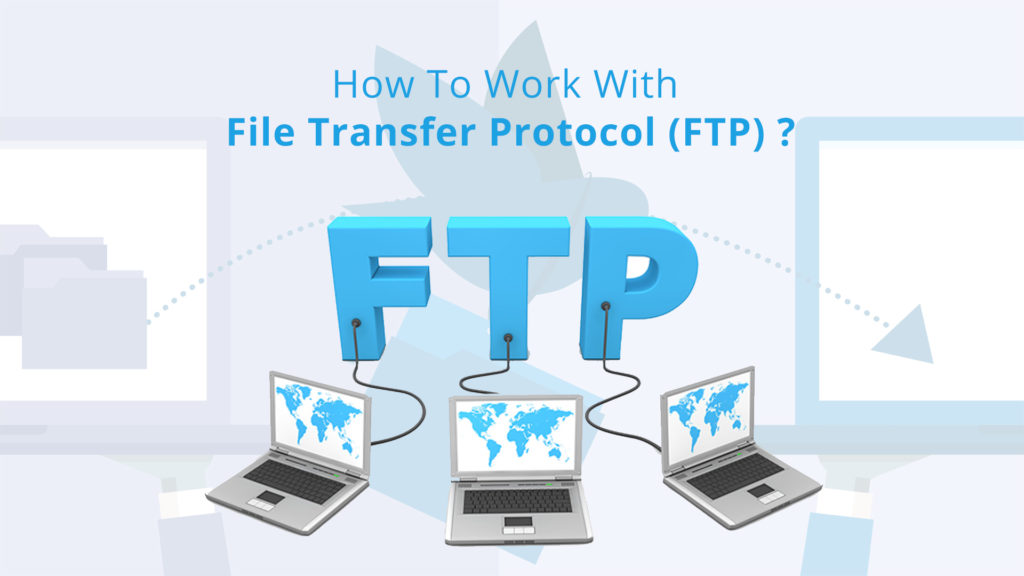Virtual machines are extremely useful for a wide variety of tasks, and their uses are only limited by your imagination. If you’re not sure if virtual machines are something that would benefit your organization or business, take a minute to consider some of the many ways in which they can be used.
Table of Contents
There are Many Different Uses for Virtual Machines
There are many uses for virtual machines. You can use them to test software before installing it on a computer. For example, if you want to install an old version of Windows on your computer, but do not have the disk or DVD media to do so, it is possible to run it in a virtual machine instead.
You could also use a virtual machine as a development environment for testing new code or applications that you write yourself. Another common use case is when people want to create demos of their software using simulations instead of actual hardware and devices.
Creation of Test Environments Without Having to Buy More Hardware
Virtual machines are great for creating test environments without having to buy more hardware. If you are a software developer, virtual machines can be used to test software without needing to install it on your main computer. You can also create a virtual machine for an older version of the operating system that is no longer supported by a physical computer. This allows you to test applications on legacy operating systems even if those computers are no longer available or in use anymore.
To Be Able to Run Old Programs or Operating Systems that You Might Need
If you need to run an old program or operating system, but the machine that can run it is no longer around, a virtual machine could be the answer. The virtual machine will let you run that old program or operating system on your modern computer without having to go out and buy another computer just for that purpose.
As such, this is a great option for testing different operating systems if you’re trying to decide which one might work better for your needs. For example: say you’ve been using Windows 7 for years and everything works fine for you now; however, there’s always been rumors about Windows 8 being buggy as hell (or maybe even worse than Vista!). Instead of risking ruining your existing setup by installing Windows 8 straight onto the computer itself and then having to deal with any issues that arise from its use afterwards—which might not even happen since some people claim they had no problems at all—you could instead set up a virtual machine running Windows 8 in order test out whether or not it would work well enough before wiping out everything else on your system just so that something new can come along.
If this sounds interesting enough already then see how we recommend setting up VirtualBox so it works best with whatever OSs/programs need testing!
For Security Testing and Development
Virtual machines can also be used for security testing and development. For example, if you want to test a new piece of software that you hope will improve your company’s security, it’s possible that the software will expose vulnerabilities in your current infrastructure. You can run tests on virtual machines to simulate different scenarios without affecting your production environment.
Virtual machines allow developers to test their own applications without affecting anything else on the network. This is particularly useful when integrating with third-party applications or services that may not always be available due to outages or other issues. In these cases, having an isolated VM allows developers to work around those problems by using a virtual machine instead of trying something like Docker or Vagrant (which require more setup).
Demoing Software Before Installing It
If you’re not sure about a piece of software, you can use a virtual machine to demo it before installing it on your main computer. You can test the software on the virtual machine and make sure it works properly. Then you can install the software on your main computer if everything works well.
This is a great way to protect your computer from viruses and other types of malware. The software won’t have access to any of your personal information on your main computer.
Backups and Recovery Efforts
Virtual machines can be used in a number of ways, but one particular use case is for backups. If you have a large amount of data that needs to be backed up and stored, then using a virtual machine will allow you to do so without taking up too much space on your computer’s hard drive. This is especially helpful if your hard drive is already running out of space due to previous backups or other files.
If you’re looking to use a virtual machine for backups, then it’s best to have one that’s running on Linux. This is because Windows machines can be corrupted by viruses and other malicious software, which could affect the backup files if they were stored there.
Virtual Machine Can Be Useful
Virtual machines are incredibly versatile, and there are many different uses for them. You can run multiple operating systems at the same time, or use them as a sandbox to test untested software.
You can do a lot of things with a virtual machine, just make sure you have the right number of CPUs and memory for what you are doing. If your VM has too little power, it will be sluggish and not allow you to do much in it. You can always add more CPU later if needed—just make sure you allocate enough resources upfront!
Conclusion
Virtual machines are a great tool to have in your arsenal and they can be used for a variety of different things. From testing out new software without having to install it on your computer, to making sure that you always have a backup plan in place, virtual machines can help with many different tasks.

